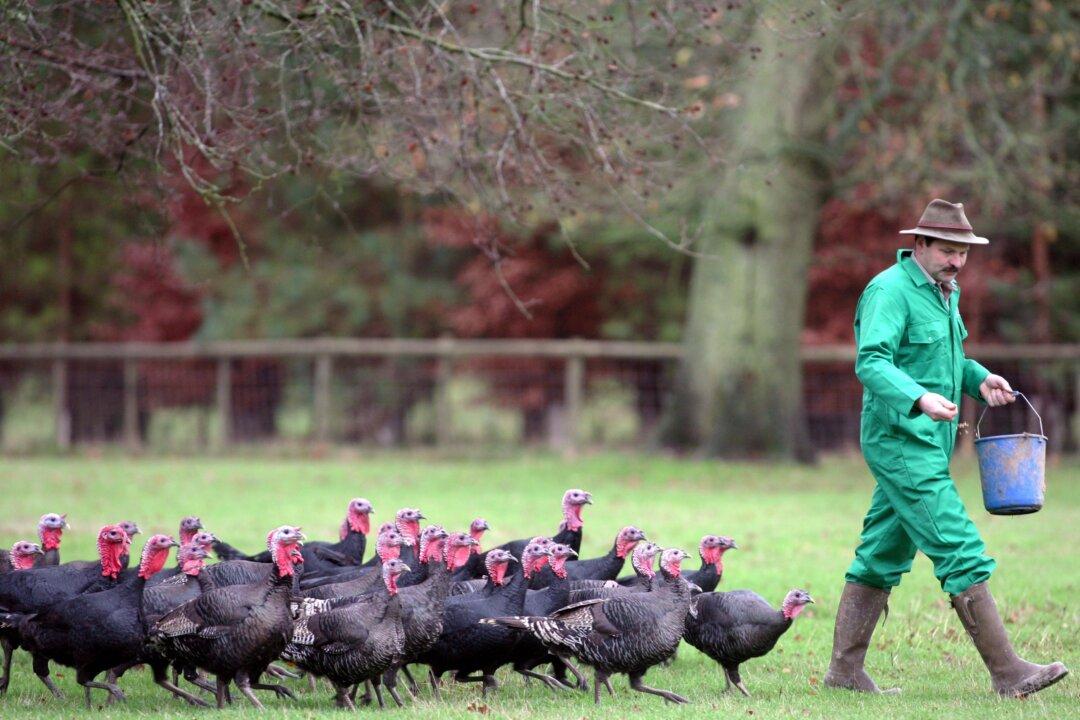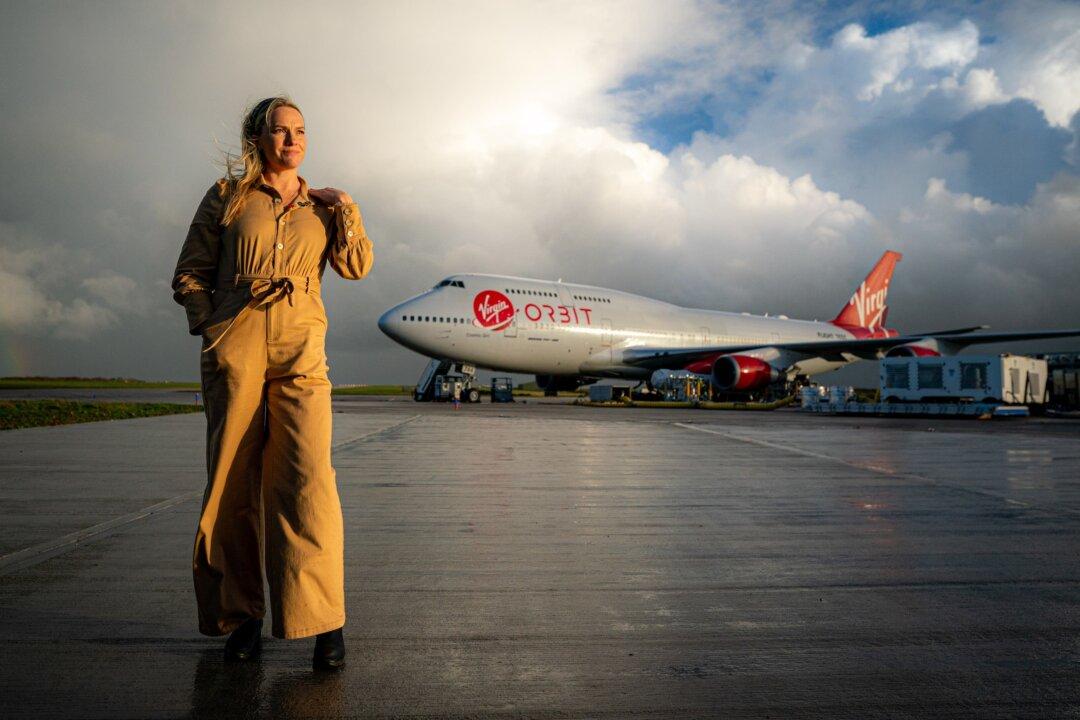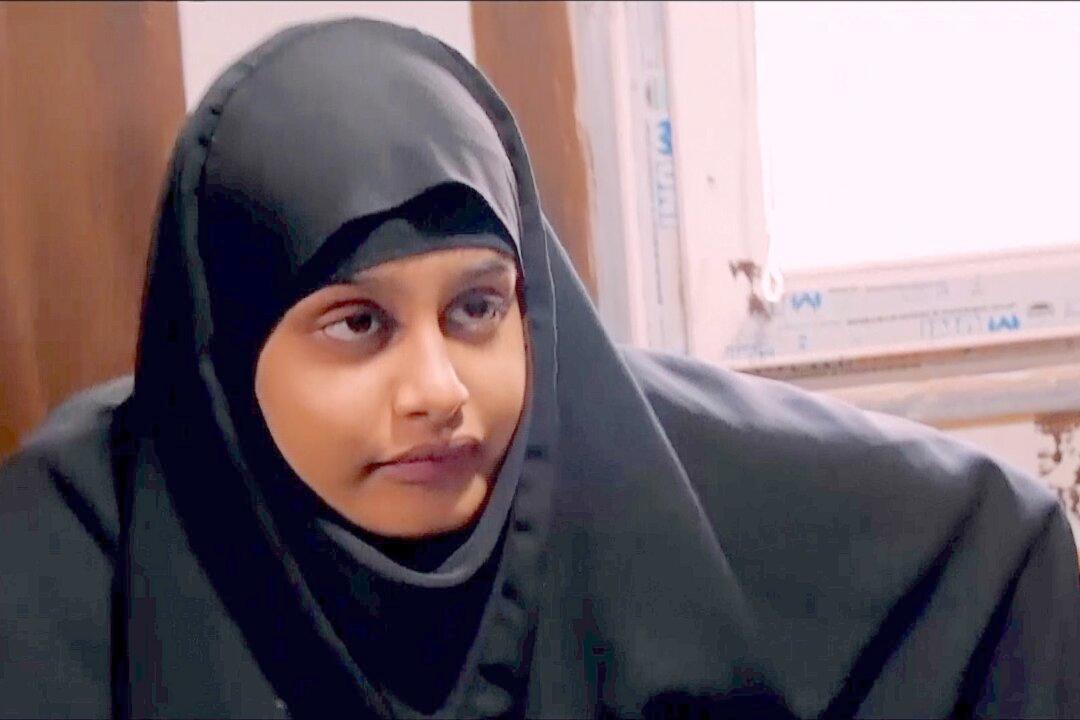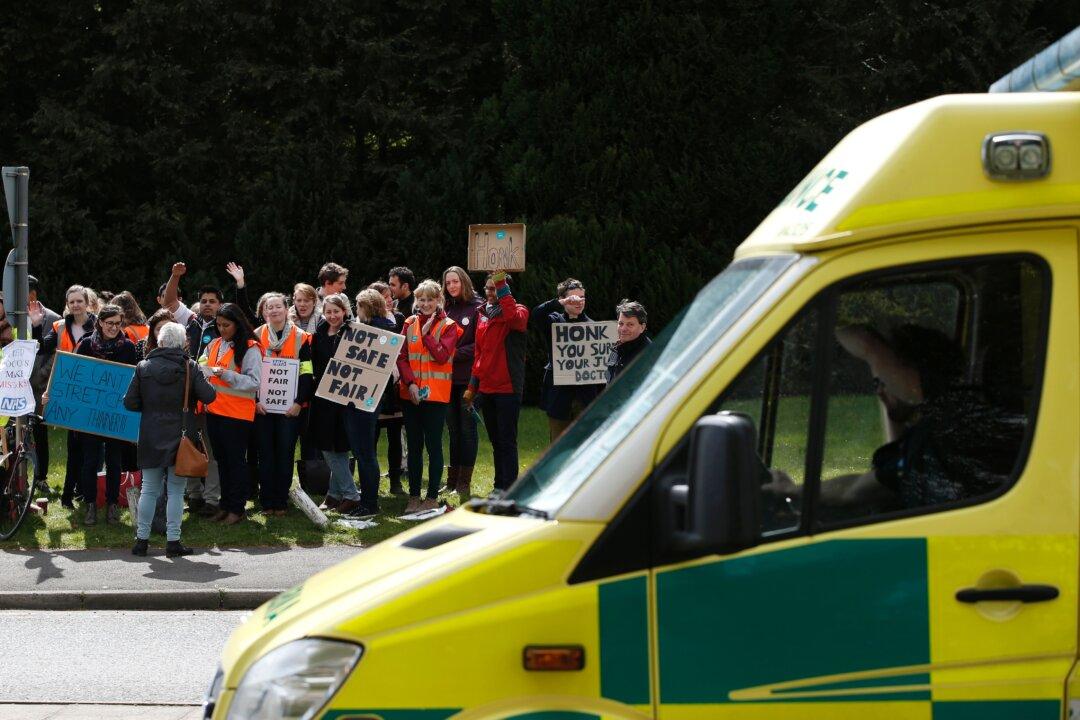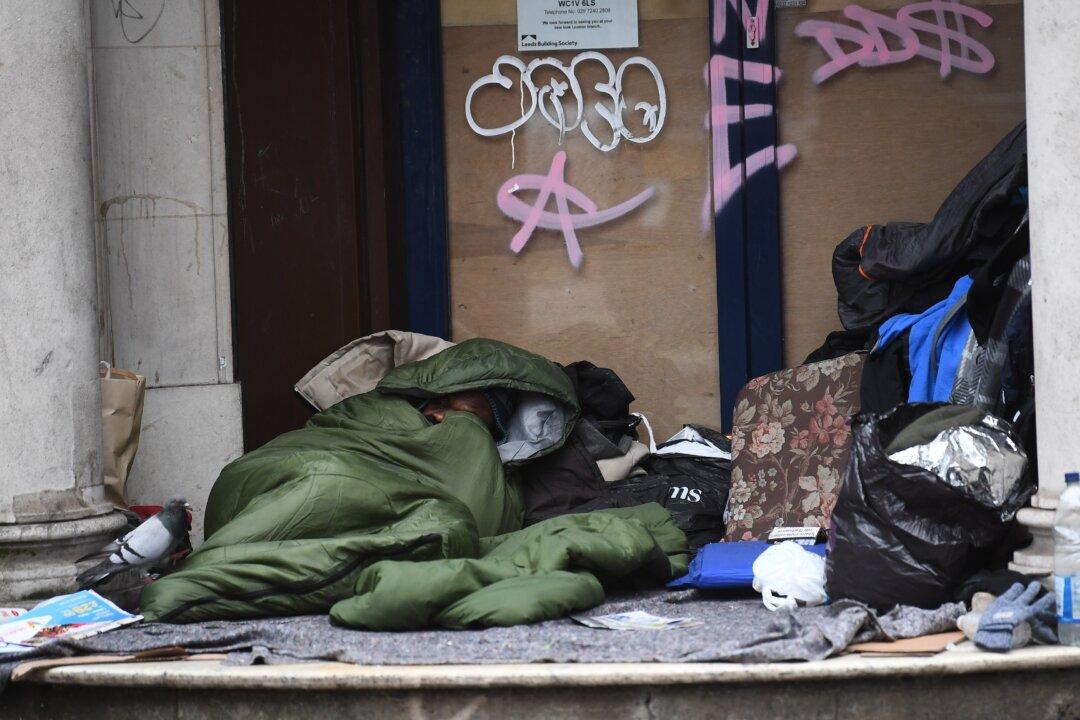Consumers in the UK have been warned they face a shortage of free-range turkeys this Christmas as the consequences of avian flu continue to cause disruption to the country’s food supply.
Speaking to a group of MPs that scrutinises the government’s policy on food, the Chief Executive of the British Poultry Council, Richard Griffiths, said that food security and business continuity must be built into the government’s response to tackling the crisis. Griffiths told the Environment Food and Rural Affairs Select Committee that “the scale of this outbreak is unlike anything we have seen before,” and that its “intensity poses a risk to food producers, and our food supply.”
